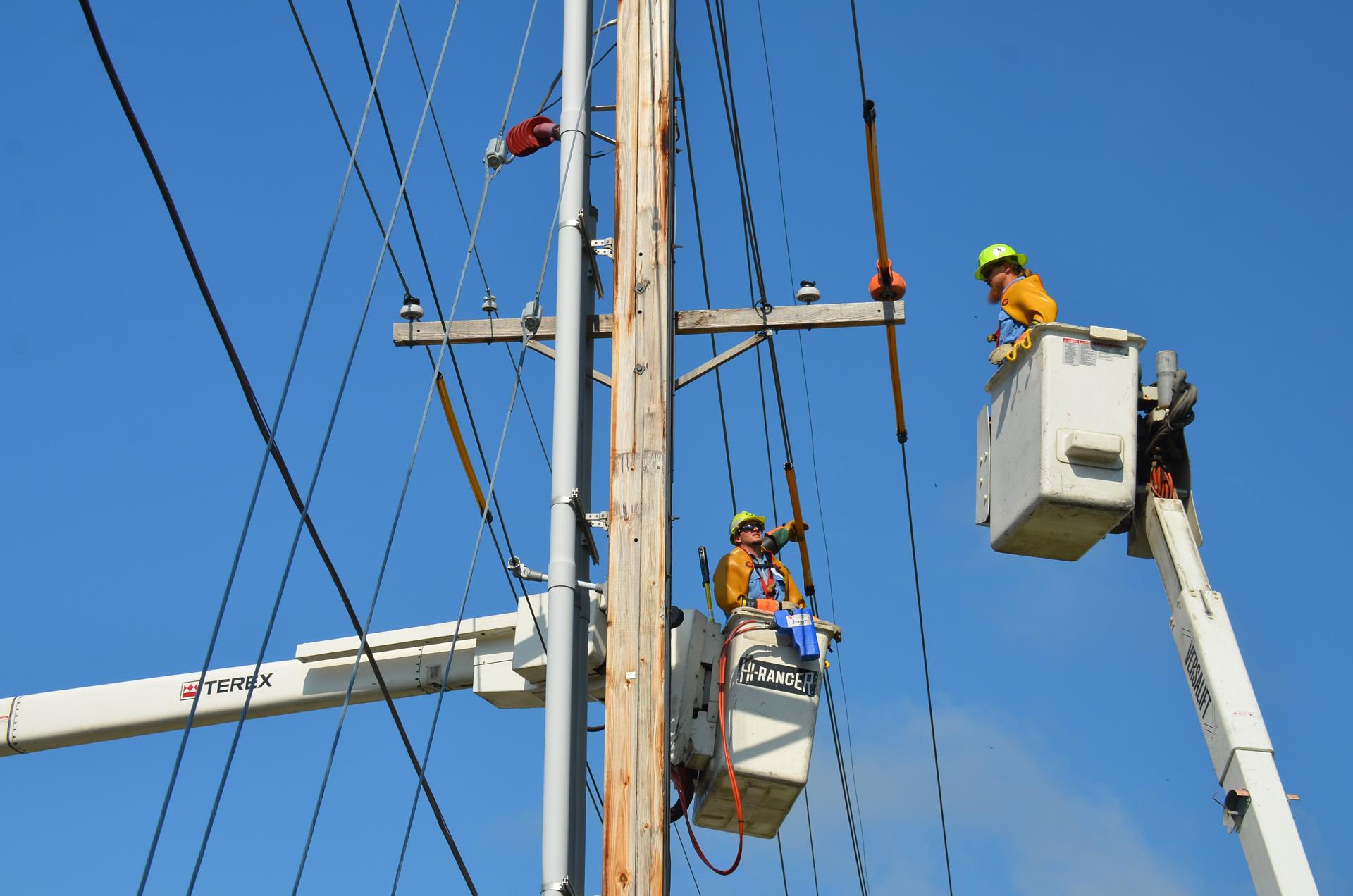The Safety Measures Electricians Should Take to Safeguard Their Health

Being an electrician is a job that is not without risks however, it’s one that is safe with the right measures. At Local Electrician Ringwood, we take safety very seriously, and we believe it is essential to educate our clients about the risks of working with electricity, and the best ways to avoid injuries.
Statistics on Electrical Accidents:
Electrical accidents can happen both in the workplace as well as at home. According to Electrical Safety Foundation International, there were 2,000 electrical fatalities in the United States from 2003 to 2018. The leading causes of these deaths are electrical fires and electrocution.
One of the best ways to stay safe from electrical hazards is to hire a licensed electrician. They have the expertise and expertise to manage electrical work effectively and safely, thus reducing the possibility of injuries.
Safety Precautions:
One of the primary safety precautions electricians take is to wear protective equipment, like gloves as well as eye protection and insulated tools. They also make sure to turn off power before starting work and follow lockout/tagout protocols to ensure power is not interrupted while they perform their work.
Homeowners, in particular, should consider it important to not attempt electrical work on your own. Even seemingly simple tasks, like changing the outlet or replacing a lighting fixture, could be risky if done incorrectly. It’s best to call a licensed professional to handle any electrical work.
Training and Certification
To become a licensed electrician, individuals must undergo extensive training in order to pass the certification exam. This assures them of having the skills and knowledge required to manage electrical work safely and effectively. In Local Electrician Ringwood, we only employ electricians who are licensed, so you can rest assured that electrical work will be completed correctly.
Conclusion:
In summary, working as an electrician does come with certain risks, but these risks can be minimized by taking the appropriate measures. At Local Electrician Ringwood, we take security seriously and want our customers to know the necessity of hiring a licensed electrician to meet their electrical needs. For any electrical service you need, you are able to reach us at Local Electrician Ringwood at 1300 933 820.
FAQ:
What should I do if encounter an electrical problem?
If you experience an electrical issue, the first thing you should do is shut off the power source to the area in question and then contact a licensed electrician. Do not attempt to repair the issue on your own, as this can be dangerous.
What’s the best way to prevent electrical fires at home?
The best way to avoid electrical fires at home is to engage an experienced electrician for any electrical work that you require completed. In addition, be sure to not overload outlets, and use extension cords with care and replace any the damaged electrical devices and cords.
Can I make my own electrical repairs or should I always employ an electrician?
While it may be tempting to for savings by doing your own electrical work, it’s not recommended. Electrical work can be hazardous, and it’s best to employ an authorized electrician with the right training and experience to handle the job safely.
How can I determine if an electrician is licensed and qualified?
To confirm that an electrician is certified and licensed You can verify this by contacting your state’s licensing board or ask for their license and certification. In Local Electrician Ringwood, all of our electricians are licensed and experienced.
What kind of electrical service do Local Electrician Ringwood offer?
We are Local Electrician Ringwood, we offer various electrical services, such as repairs and installations of electrical equipment, electrical panel upgrades lighting installation and repair, as well as other. Contact us via 1300 933 820 to learn more about our offerings and the ways we are able to assist clients with their electrical needs.
